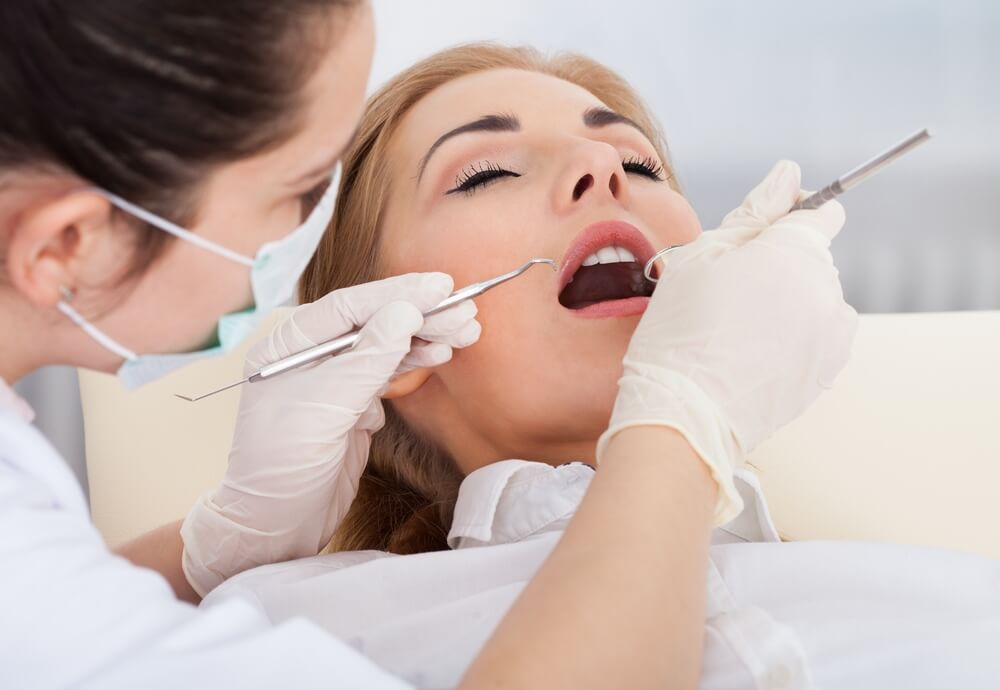Introduction
According to Iqaluit Dental Clinic, post-operative care is essential for full recovery no matter what kind of surgery you had. They become even more important after dental procedures. Let’s check out a few post-operative dental care tips that can help you recover completely without developing an infection or complication.
Tips & Tricks
- Don’t rinse aggressively – If you’ve gone through a procedure where your tooth has been extracted, blood clots form at the affected area. While this clot is temporary, it is the only barrier that keeps your gums from bleeding out. If you agitate this clot by any means, you’ll have to visit the dentist again or visit the ER if things go very wrong. One of the ways you can agitate and dislodge the clot is by vigorously rinsing and spitting. Avoid aggressive rinsing for at least 48 hours after the procedure so that it doesn’t lead to severe blood loss.
- Deal with swelling the right way – Swelling after a dental procedure is very common. Depending on the type of procedure you went through, the swelling may last anywhere from a few hours to a few days. Don’t try to use harsh methods to deal with the swelling. For instance, putting in essential oils or getting other things in contact with the swollen area may result in post-op complications.
Instead, just use an ice pack against your skin over the swollen area. When you lie down to rest or sleep, try to keep your head lifted upwards with an extra pillow. This also helps to keep the swelling down. Swelling after a dental procedure shouldn’t last more than four or five days. In rare cases, it may be visible for up to 10 days. If you experience swelling even after 10 days, it’s best to visit the doctor as soon as possible.
- Don’t use mouthwash – You may be tempted to use mouthwash after a dental procedure. However, it’s important to not give in to that temptation. While mouthwash is antiseptic in nature and works wonders for killing bacteria in your oral cavity, it can create a lot of problems in post-op recovery. Most dentists suggest not using mouthwash for at least 48 hours after the dental procedure.
- Be on top of your diet – Your doctor should provide you with a detailed overview of the kidneys of food you can eat and those you should avoid. Minding your diet is an important component of post-op dental care. Generally, patients are advised against eating hard and crunchy food for at least 48 hours after the surgery. Make sure to stock your kitchen full of ingredients to make soft food like mashed potato, yoghurt, custard, scrambled eggs and other such soft dishes before the surgery.
Conclusion
Iqaluit Dental Clinic suggests that you use the above-mentioned tips to take better care of yourself or a loved one after going through a major dental procedure. Apart from that, make sure to get plenty of rest and drink a lot of water for a speedy recovery.


